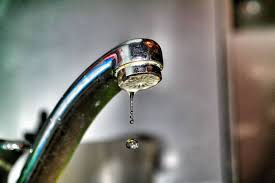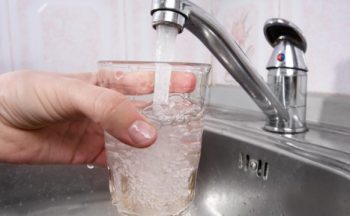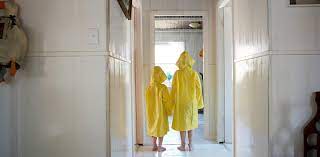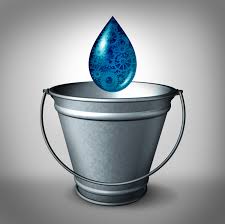 October 2023
October 2023
Water leaks are the biggest headache for most condominium managers and condo boards. They come from outside through the building envelope or inside from pipes, toilets and faucets. Unlike most problems, water leaks where the flow of water is not contained quickly pass from one unit to another causing extensive damage.
The cost of water leaks that don’t cause damage is substantial. A leaking toilet can waste up to 250 gallons of water per day costing over $100 per month. A 300-unit condo building may have 500 toilets of which 100 may leak. This amounts to an estimated $10,000 per month or $120,000 per year wasted because of leaking toilets. Leaking showers and faucets add to this cost.
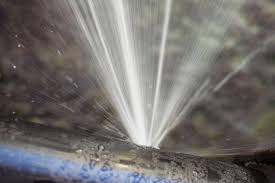 With so much money at stake it is surprising that more condo corporations don’t take measures to stop the loss.
With so much money at stake it is surprising that more condo corporations don’t take measures to stop the loss.
Most water leaks are preventable. Detecting and addressing visible leaks before they cause major problems can be as simple as an annual plumbing audit. Have a plumber visit each unit to identify and repair small leaks, suggest appropriate in-suite upgrades and repairs for owners to consider at their cost, and provide a report to management. Water leaks in units where leaks or problems are identified and not addressed place other units and common areas at risk. Owners can find they are financially responsible for damage they cause outside their unit.
Then there are water leaks that start off hidden and cause damage until detected and repaired. A leaking pipe, pinhole leaks behind walls and water infiltrating from outside are all of ongoing concern.
Water sensors, two-inch cubes of plastic, provide an economical and practical solution. If water touches a sensor, a signal is sent out. In less than a minute, alerts can be sent to security and building management identifying the unit and location. The unit owner and tenant, if any, can also be informed. Sensors can be placed under sinks and near the dishwasher, clothes washing machine and by the toilet. Additional sensors can be located in elevator wells, underground parking, mechanical room and anywhere water has been known to seep or leak.
Water sensors allow water leaks to be detected and stopped before serious damage occurs. Water can be immediately turned off in minutes rather than hours, days, weeks or months later depending on the source.
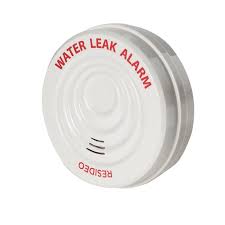 Buildings with water sensors find their monthly water bills are lower. Water leaks cause less damage and fewer claims reduce insurance costs.
Buildings with water sensors find their monthly water bills are lower. Water leaks cause less damage and fewer claims reduce insurance costs.


